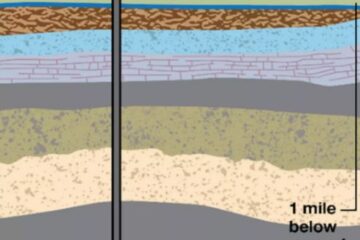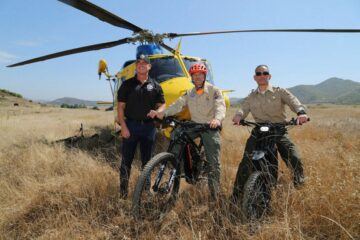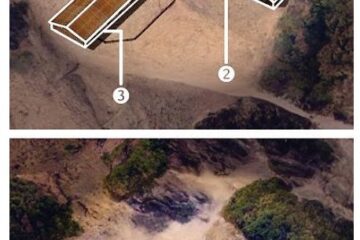Forest Service to drop fees at most national forests
Following a review, the agency will eliminate the unpopular Adventure Pass for most forest areas. In addition, the U.S. 9th Circuit has ruled that the government went too far in charging for access.
Source of this article: The Los Angeles Times, February 29, 2012
The U.S. Forest Service plans to grant free access to nearly all national forest lands, scaling back unpopular recreation fees that have raised the ire of hikers but also sent millions of dollars to Southern California’s heavily used forests.
The agency proposes eliminating fees for three-quarters of the forest areas where they are now imposed, including 19 in Southern California. The charges in the Southland take the form of the regional Adventure Pass, which costs $5 a day or $30 annually.
Many trail heads, day-use sites and general forest areas where fees are now in effect in the region’s four national forests will become free, said Tamara Wilton, a California Forest Service manager.
Adopted as part of a demonstration program in 1996 and later modified by Congress, the national recreation fees have been extremely controversial. Hikers greeted them by slapping bumper stickers on their cars declaring, “Can’t see the forest for the fees.”
Liberals said they kept poor families from public lands and conservatives complained that the charges amounted to double taxation.
“It’s been so detested for so long,” said John McKinney, the author of 25 hiking books, including several Southland guides. “The program never had any political support…. [It] ended a 100-year tradition of free access to public land.”
A Feb. 9 decision by the U.S. 9th Circuit Court of Appeals may force the Forest Service to trim the fee program even more. The appeals panel ruling, in a case involving parking fees in the Coronado National Forest in Arizona, concluded that the charges were improper. The judges sent the case back to a lower court for further consideration.
The opinion applies to the seven western states in the 9th Circuit, including California. The court did not toss out the entire fee program but essentially said the Forest Service had overreached in executing it. The agency said it was reviewing the ruling and could not comment on its implications.
McKinney, who has refused to buy an Adventure Pass, said he was thrilled by the court decision. “I don’t think a nature hike is a forest product and that hikers are forest consumers,” he said. “We’re out there for something that you can’t put a price on.”
Congress reacted to public fury over the demonstration program by passing legislation in 2004 to limit situations in which the Forest Service could charge day-use fees. The agency reduced the size of areas inside national forests where fees are required, but still maintained nearly 100 of them nationally, including 31 in the Angeles, Cleveland, Los Padres and San Bernardino forests. Cars parked in those heavily used areas are required to display an Adventure Pass.
The Forest Service launched a national review of the fee program last year. Regional offices drew up a list of proposed changes that will be released to the public in the next few months and submitted them to an advisory committee representing recreation interests, said Frances Enkoji, a manager in the agency’s California office. The revisions would probably take effect next year.
Twenty-five fee areas would remain nationally, including 12 in the Southland. The agency plans to retain the Adventure Pass. In many areas where fees are eliminated, the agency proposes to continue charging for use of certain busy sites that are equipped with six specific amenities outlined in the 2004 law. Those include toilets, interpretive signs, trash cans and picnic tables.
That may spark more legal battles. What if you park at one of the fee sites to go hiking but don’t use any of the facilities? Do you have to pay? “Yep, right now, that’s the way we are managing the program and the way we are interpreting” the law, Wilton said.
Attorney Matt Kenna of Public Interest Environmental Law, which represented the plaintiffs in the Arizona case, said the appeals decision refutes that interpretation. “If all you do is enter and park and go hiking, you don’t have to pay…They can’t charge for undeveloped recreation on public lands.”
Since the 2004 law took effect, California forests have collected about $7 million a year in various recreation fees, the majority of them from the Adventure Pass. Nationally, agency spokesman Joe Walsh said, the Forest Service collected $60 million in recreation fees last year.
Most of the money is retained by the individual forests to pay for maintenance and improvements. Slashing the program will cut that revenue, but the agency could not say by how much.


